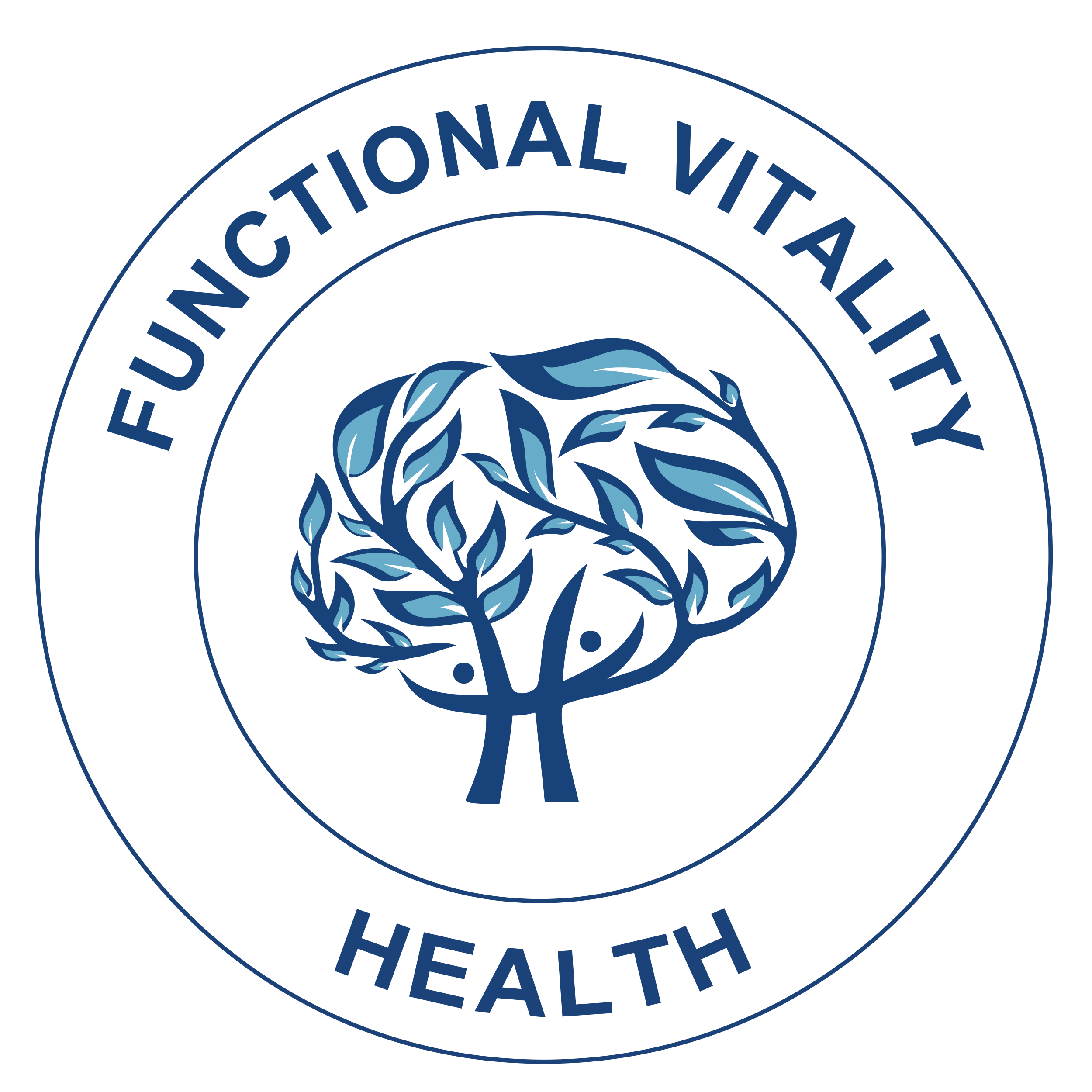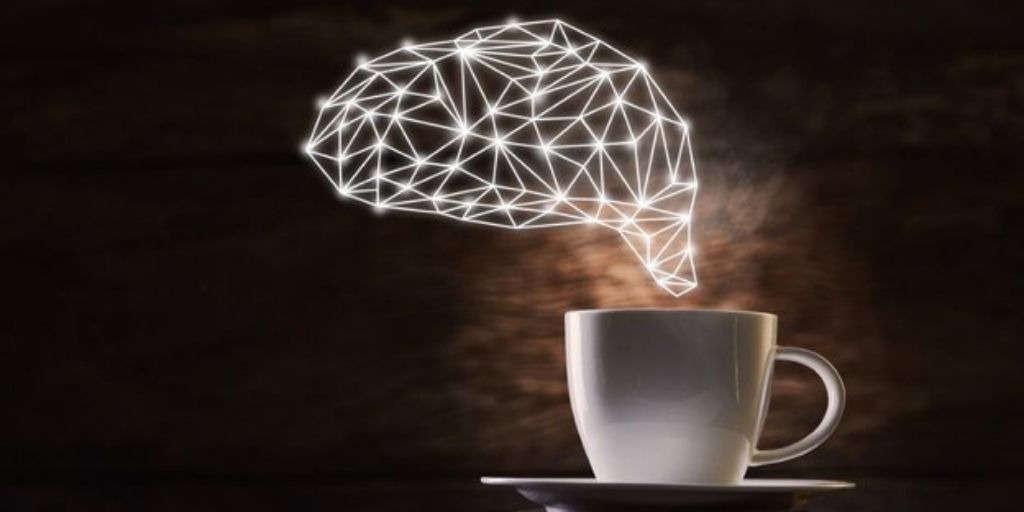Many clients ask me whether or not their coffee consumption will get in the way of reaching their health goals. My answer is, it depends on a few factors.
Caffeine is a worldwide ubiquitous drug. Used originally in most cultures for ceremonies, it has become an overused energy stimulant in the Western world with the United States among the leaders in coffee and caffeine consumption. Coffee, brewed from the ground coffee bean (Coffea arabica) is the major vehicle for caffeine consumption. Physiologically, caffeine is a central nervous system (CNS) stimulant.
But there is good news! Multiple studies have found that our beloved morning java is strongly associated with good health and longevity. [1][2] Coffee has also been found to provide neuroprotective benefits and is associated with a reduced risk of cognitive decline. Its stimulant effect increases alertness, cognitive performance, and slows memory decline in the ageing brain and Alzheimer’s. [3][4] The polyphenols and bioactive compounds in coffee exert these health effects, with nearly any method of preparation providing benefit, even when decaffeinated. The
beneficial effects of coffee include its ability to sensitize insulin as well as stimulate an antioxidant response. The bioactive compounds in coffee exert an anti-inflammatory and antibacterial effect while providing protection against diabetes and some cancers.
For those concerned that your morning cup of joe will interfere with ketosis; there’s no need to worry! Research has found that drinking coffee actually increases plasma ketones. [3] While fasting, enjoy black coffee with approved sweeteners in small amounts as needed. Those who are insulin resistant and having difficulty with fasting, may want to consider adding a small amount of MCT to their coffee until they can heal and begin to create their own ketones.
While coffee has many health benefits, we do need to exert some caution. Drinking more than 1 liter (slightly more than four 8oz cups) per day has been demonstrated to elevate homocysteine levels by 20%. [4] Elevated homocysteine is associated with brain atrophy and diminished cognition. [5] Additional studies suggest that 0.5 to 3 cups of coffee per day was independently associated with lower risks of stroke, death from cardiovascular disease, and death from any cause.
Keep your intake moderate and don’t consume afternoon, especially if you are a slow metabolizer of caffeine (metabolization can decrease with age). Excess coffee (including colas, certain teas and chocolate) or coffee consumed later in the day can affect circadian rhythms and affect sleep quality. It can take as long as eight hours to wear off fully. A cup of coffee therefore in the afternoon can make it hard for you to fall asleep at night.
Be aware that the acidity in coffee can exacerbate heartburn (gastroesophageal reflux disease or GERD). Additionally, anyone dealing with chronic stress, accompanied by elevated cortisol, may need to avoid caffeine until underlying causes can be addressed.
It’s best to source an organic, mold-free coffee, avoid coffee packaged in K-cups due to toxin concerns. Peak Performance Organic Coffee is a great choice.
Are you looking for some creative ideas for enjoying your java according to how you eat? Take a look here for my favourite Bulletproof Latte creation, or search “coffee” using the search bar at the top right.
References:
[1] https://www.sciencedirect.com/science/article/abs/pii/S0033062018300392
[2] https://jamanetwork.com/journals/jamainternalmedicine/article-abstract/2686145
[3] https://www.ncbi.nlm.nih.gov/m/pubmed/28177691/
[4] https://academic.oup.com/ajcn/article/72/5/1107/4729799
[5] https://medicalxpress.com/news/2021-08-light-to-moderate-coffee-health-benefits.html


0 Comments